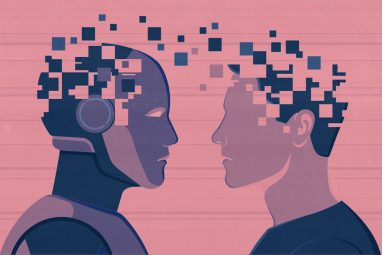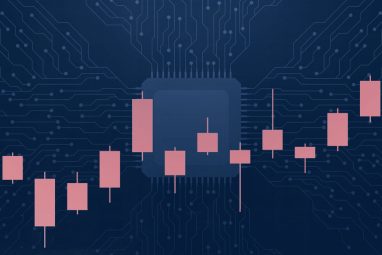Infosys Charts a New Path for GCCs Built Around AI
The company’s new blueprint brings its core AI platforms under one system, giving global capability centers a structured way to shift toward higher-value, AI-led work.
Topics
News
- Adani Power Sets Up Nuclear Subsidiary
- Musk Unveils xAI Overhaul, Lunar AI Ambitions
- Former GitHub CEO Dohmke Raises $60 Million to Build AI Code Infrastructure
- Leadership Shakeup Deepens at xAI as Two Co Founders Exit
- India Slashes Social Media Takedown Window to Three Hours
- Cisco Moves to Relieve AI Data Center Gridlock With New Chip

The framework draws on Infosys’ work across more than a hundred GCC programs and brings together the company’s key AI platforms to give clients a more cohesive path from concept to full-scale execution.
Infosys said the model is meant for enterprises that want their centers to move beyond routine support and take on work tied directly to innovation, transformation and long-term competitiveness.
The system pulls together Infosys’ core AI platforms, combining Agentic Foundry for building AI agents, EdgeVerve AI Next for connecting data and applications, and the Topaz suite for embedding AI into everyday workflows, giving companies a way to run more of their essential operations with AI working in the background.
The company said this end-to-end approach makes it easier for clients to plan their footprint, recruit the right talent and scale operations without having to stitch multiple systems together.
Some early partners said the shift has already begun.
Lufthansa Systems CEO Stefanie Neumann said their GCC has started supporting work that affects aviation safety, operational efficiency and customer experience, areas traditionally kept closer to the main business.
Danske Bank COO Frans Woelders said the centre Infosys helps run has become a central pillar of the bank’s AI-first strategy.
Infosys EVP and Chief Delivery Officer Satish H. C. said the intent is to give companies “speed, scale and strategic depth” as they build or refresh their global centers, especially at a time when enterprises are rethinking how much of their work should be designed around AI.
With more than 320,000 employees in 59 countries, Infosys is positioning the model as part of a broader shift in how GCCs are viewed.
What began as cost-focused units in offshore locations are now evolving into the places where companies expect to develop new digital capabilities, experiment with AI and anchor long-term transformation.
Infosys’ pitch is that an AI-first blueprint can help these centers take on that role more confidently, offering a mix of structure, tools and on-the-ground experience that reduces the friction of turning a delivery hub into an innovation engine.






